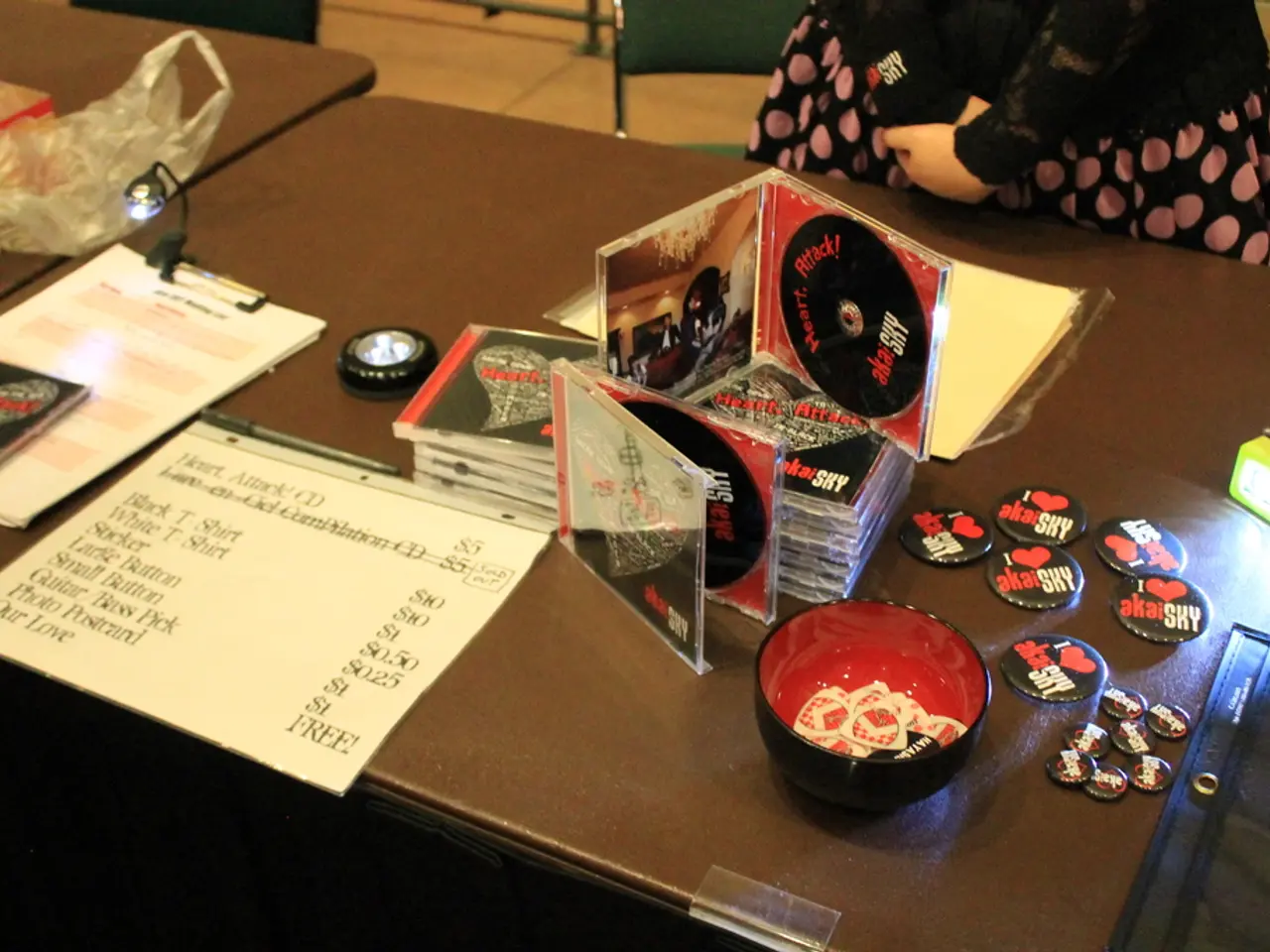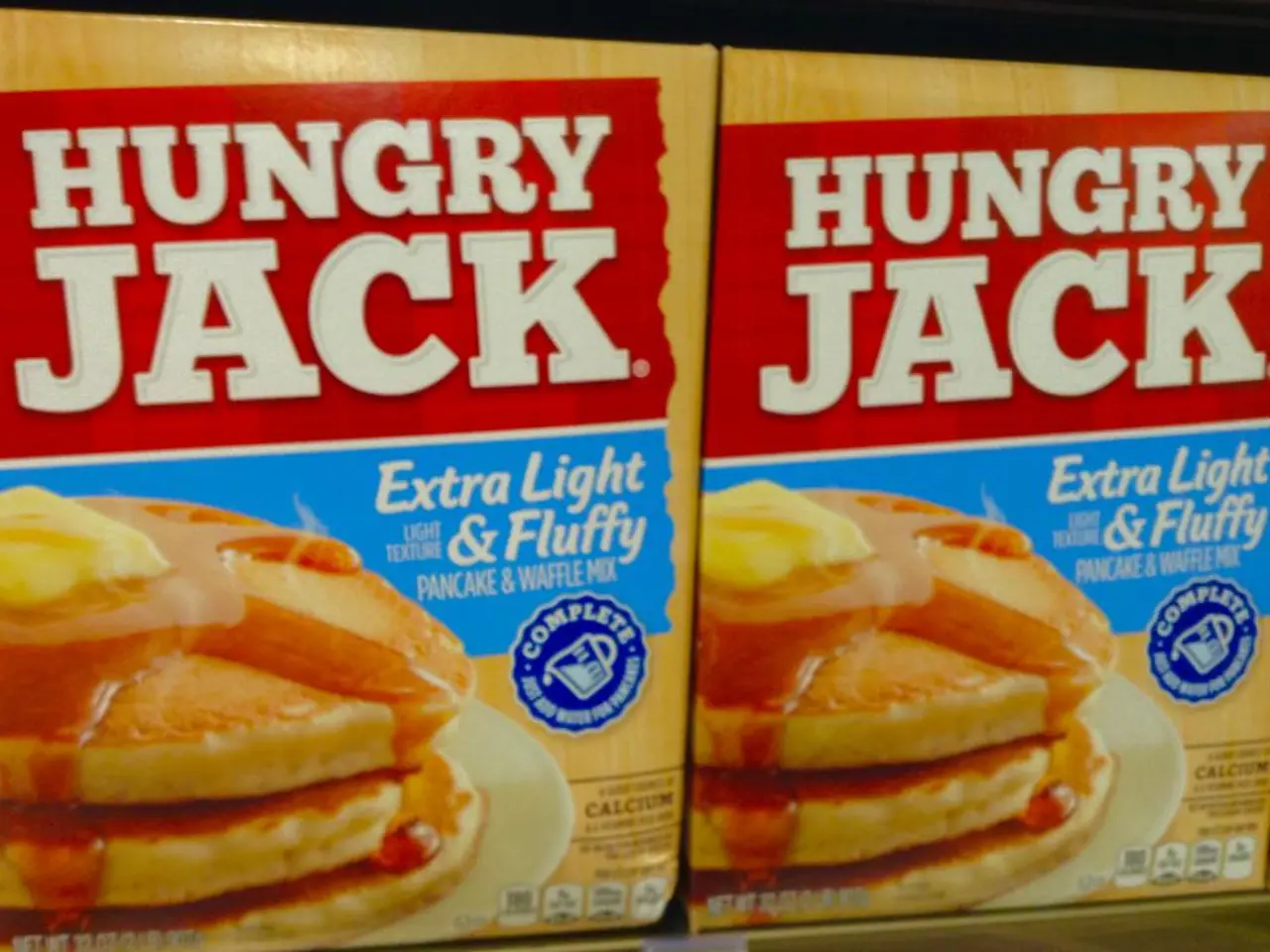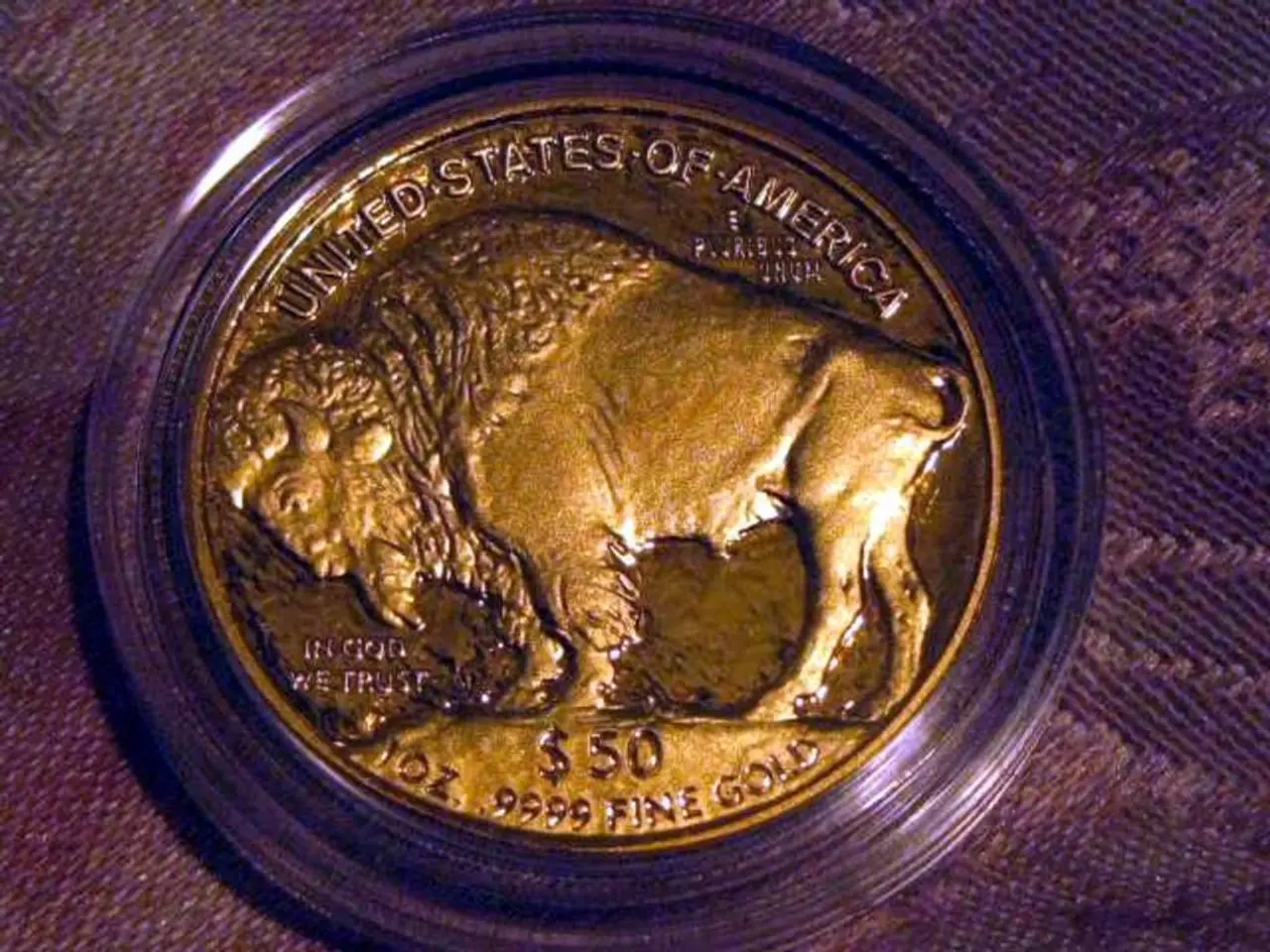Nintendo actively pursues legal action against Palworld amidst patent infringement allegations, displaysing somewhat unusual tactics
In an unprecedented move, video game giant Nintendo has amended one of its patents mid-lawsuit in the ongoing dispute with Palworld developer PocketPair [2][3]. This strategic manoeuvre, while not common in intellectual property litigation, has sparked debate among legal and industry experts.
The amended patent, JP7528390, pertains to the mechanics of switching between riding or mounting different creatures in games, a feature Nintendo alleges Palworld has copied [2]. The new wording attempts to more closely tie the patent claims to specific aspects of gameplay, possibly as a response to Pocketpair's evolving game mechanics and legal defences [2][4]. However, these amendments have been described as "weird" by experts, potentially indicating that Nintendo is stretching its patent claims in unusual directions to try to maintain the lawsuit [2][4].
Florian Mueller, an intellectual property (IP) expert, commented, "Litigants don't change a patent in the middle of an infringement case unless they feel the patent is at a fairly high risk of being deemed invalid in its original form" [2]. This suggests Nintendo's case may be weaker than initially thought, and the company is trying to shore up its legal standing.
The implications of this move are significant for both parties. For Nintendo, it risks signalling to the court, and the public, that its original claims were not strong enough to win [2][4]. It also presents potential reputational risks, as such moves can draw scrutiny and criticism, especially if seen as an attempt to weaponize overly broad or vague patents against competitors. Furthermore, if the amended patent is still found invalid or unenforceable, this could weaken Nintendo's ability to protect similar gameplay mechanics in future cases.
For Pocketpair, the amendments may provide defensive leverage, as they can be used as evidence that the original claims were invalid or overly broad, bolstering its defence [2][4]. The developer has already demonstrated agility in updating Palworld's gameplay to work around Nintendo's patents, making it difficult for Nintendo to pin down a clear case of infringement [4]. A favourable outcome for Pocketpair could embolden other developers to challenge overly broad game mechanic patents, potentially limiting Nintendo's ability to use patents as a defensive tool in the future.
As the case unfolds, the outcome could influence how patents on game mechanics are enforced industry-wide, especially in cases where gameplay features are iterated rapidly by developers. The debate continues whether these kinds of legal fights protect IP or stifle creativity. The question remains as to whether Nintendo is right to defend its patents this aggressively or if it is an attempt to suppress competition.
The dispute revolves around three patents in total, for which Nintendo is seeking the equivalent of $66k in damages [5]. The patents cover capturing monsters and switching between riding different creatures. Evidence suggests that Palworld demonstrated its mount switching mechanic, one of the patents in question, six months prior to Nintendo filing for the patent [1].
The goal of Nintendo may not just be impacting Palworld, but discouraging indie studios from making games that feel similar to Pokémon. The debate continues, with some arguing that Nintendo's aggressive defence of its intellectual property is necessary to protect its investments, while others contend that it stifles creativity and innovation in the gaming industry.
- The update on the Nintendo-PocketPair lawsuit reveals an unusual amendment to JP7528390 patent, focusing on gameplay mechanics like switching between riding creatures in games.
- This move by Nintendo is seen as a response to Pocketpair's evolving game mechanics and legal defenses, aiming to strengthen their case.
- While Nintendo's amended patent claims more specific aspects of gameplay, industry experts view these changes as "weird," potentially indicating a stretch of patent claims.
- As this lawsuit continues, the outcome could impact future patent enforcement on game mechanics, especially in cases where rapid iterations are common, raising questions about fostering creativity versus protecting intellectual property.




